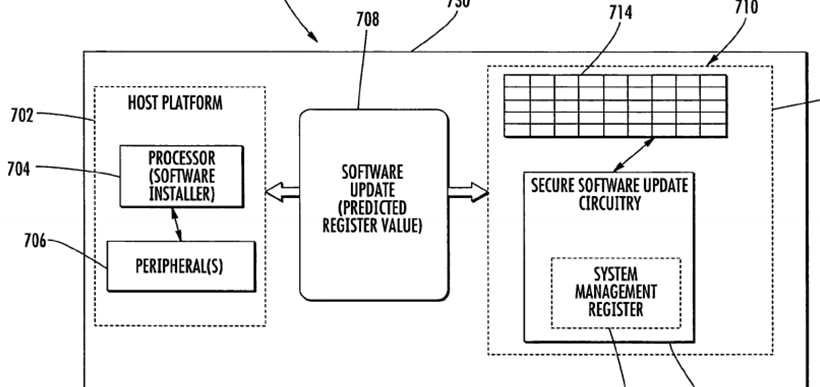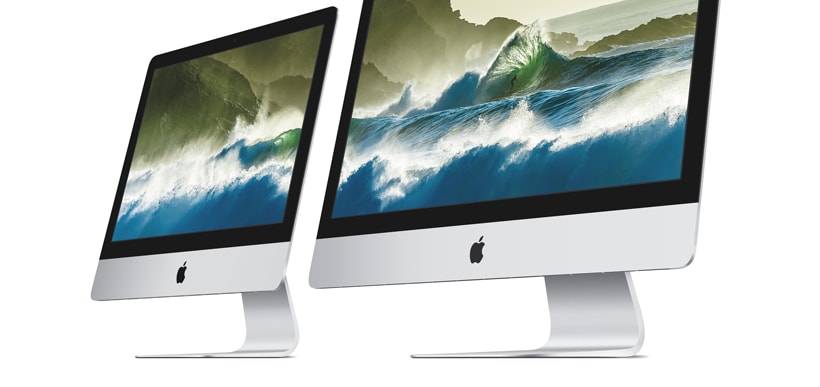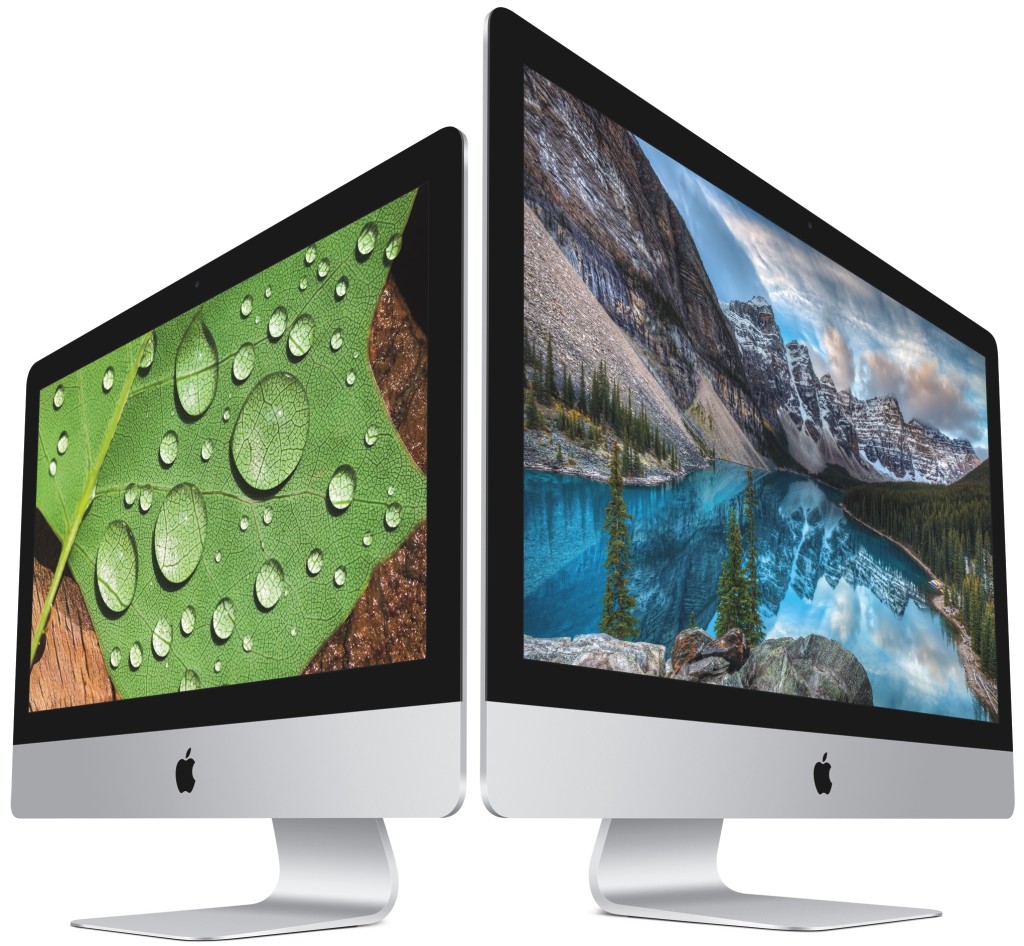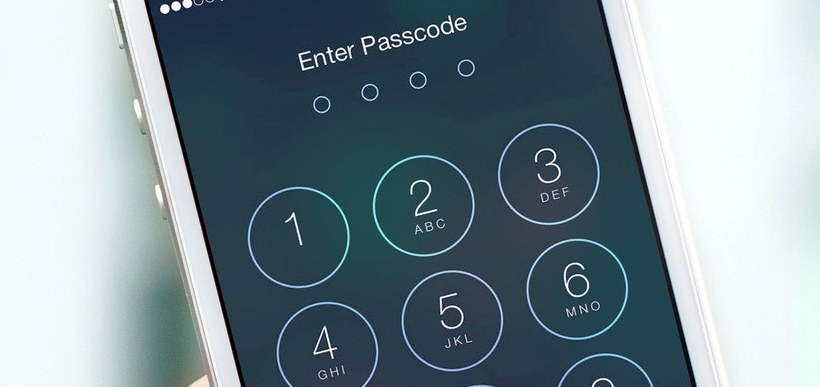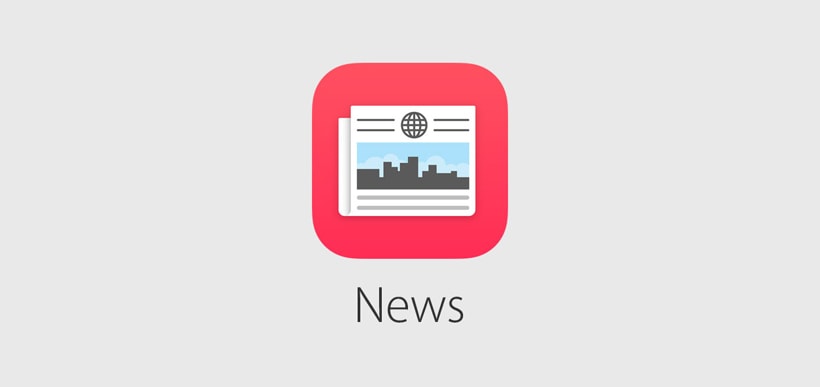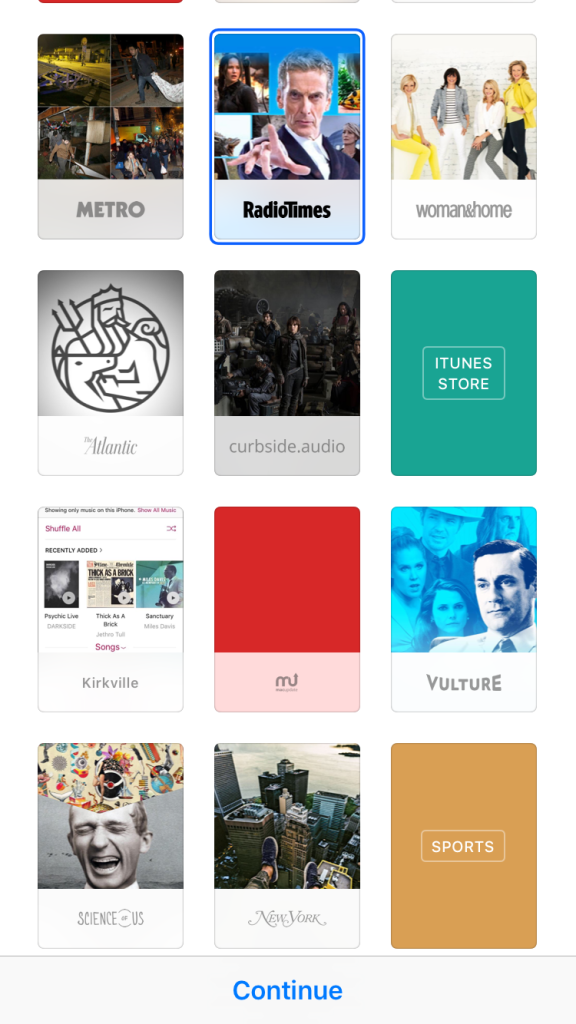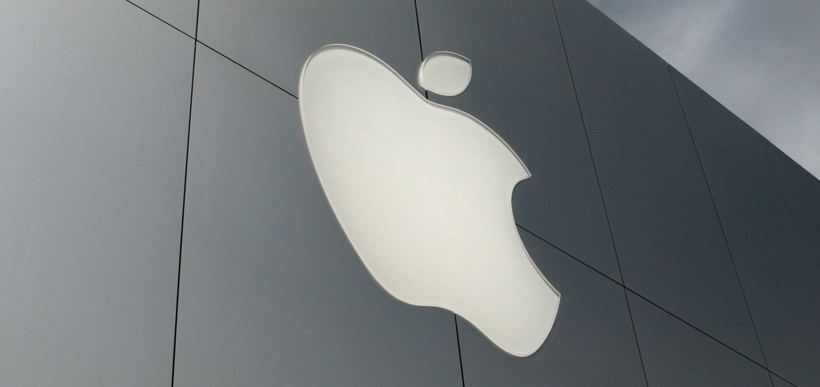Apple Inc. was on Tuesday 13th 2015, granted a patent which was filed in 2007, by the U.S. Patent and trademark Office titled “Finger Sensing Apparatus Using Hybrid Matching and Associated Methods”.
This Apple patent details a fingerprint read integrated into a keyword, as a login method for an iMac or MacBook. This login procedure would be similar to that used by Apple iPhones, protecting data behind bio-metric encryption.
iMac Fingerprint Login on the Way?
This race to implement fingerprint technology as a login mechanism was won by Microsoft, as a week ago they unveiled products such as the Surface Pro 4 keyboard cover, which features an integrated fingerprint reader. The logon-encryption race is most likely not over, as Microsoft has already announced plans to implement retina scanning. The New Microsoft Lumias are already rumored to launch with retina scanning, according to Mashable.com.
It will be interesting to see how Microsoft implements iris scanning and how the public accepts this new security technology. With Microsoft now giving customers the option of facial, fingerprint and retina recognition, it should pose interesting to see what Apple brings to the table. This Apple patent highlights that they have, and do, hold an active interest in alternative login security measures such as bio-metrics.
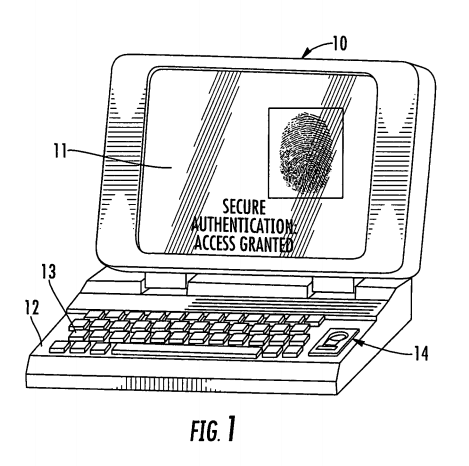
Apple Desktops and Laptops Lack Bio-Metrics
With this Apple patent being granted fans are wondering if we are soon to see any Mac based implementation of technology utilizing the design set forth by this patent. The future is unclear, as the patent uses a very old design structure, one that is not currently in use by any of Apple’s products.
The only Apple product lines that do not current feature bio-metrics are there desktops and laptops. We can only hope to see the end of passwords through intelligent implementation of bio-metrics, let’s hope that Apple brings this technology to iMacs.
